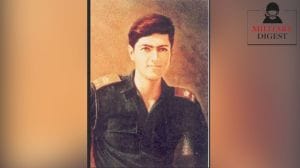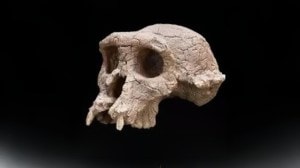Former CBI man steps into ICC146;s anti-corruption unit
The International Cricket Council has concluded that the menace of match-fixing in cricket perhaps has its roots...

The International Cricket Council ICC has concluded that the menace of match-fixing in cricket perhaps has its roots deeply entrenched in the sub-continent, specifically India. The chief executive of cricket8217;s world governing body, Malcolm Speed, also has figures to support this theory when he says: 8220;We understand that it is to the tune of 500m to 1b betting money involved per one-day match.8221;
Speed added that the ICC believed 8220;India has the biggest cricket-watching population across the world and is also the game8217;s financial powerhouse. We are aware of how much money is bet on cricket matches here.8221;
Perhaps with this in mind, the ICC has decided to have in place an Indian, former top cop Ravi Sawani, as the next General Manager and Chief Investigator of ICC8217;s Anti-Corruption and Security Unit. Sawani steps into the shoes of Jeff Rees, who has held the post since the ACSU8217;s inception in 2000.
8220;I look upon my job as a great responsibility to protect the game of cricket through preventive vigilance,8221; Sawani said after his appointment. He will report to Lord Paul Condon, the ACU chairman.
Sawani, 57, has 30 years of experience with the Indian Police Service, including seven years with the Central Bureau of Investigation, where, as the joint director special crimes, he led the enquiry into match-fixing in 2000. He is also the recipient of the president of India8217;s Police Medal for Distinguished Services, the highest police medal in the country, in 2001.
While announcing the appointment, Speed emphasised that the ICC had received applications from 8220;the United States, England, Australia and South Africa among many other countries,8221; before settling for an Indian.
Speed is firm in his belief that since there has been an involvement of bookmakers from India, it is good to have someone from India heading the unit.
8220;There has been a process in place since 2000 wherein when such an alleged offence comes up, it goes to the ACSU. They will then send a report to the ICC Code of Conduct Commission, which is chaired by Michael Beloff QC. He will report to the ICC board, which will then advise the home board on what steps to take,8221; Speed said.
- 01
- 02
- 03
- 04
- 05































